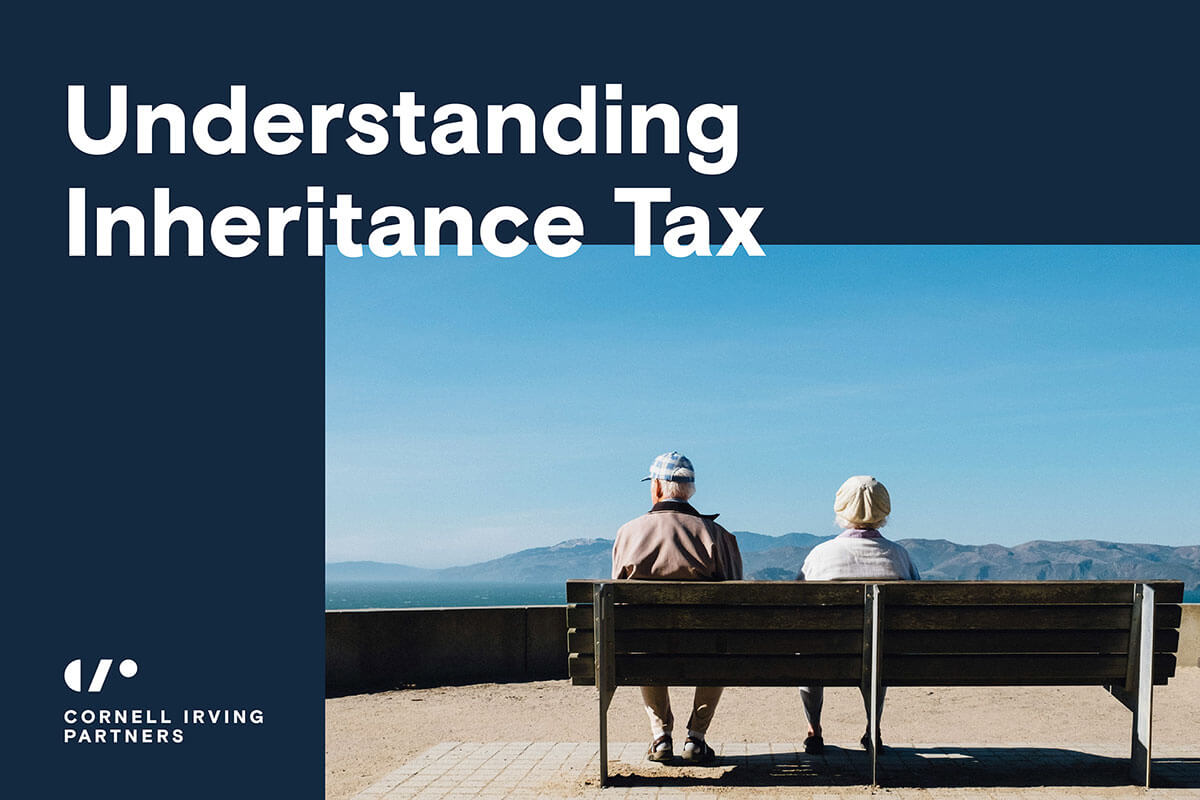A family trust is a simple concept, with complex implications for business and tax. In this guide, we clarify exactly what a family trust is and how it can benefit you.
What is a Family Trust?
At its core, a family trust is a legal arrangement where a trustee manages assets for a group of beneficiaries. Unlike companies or partnerships, which are distinct legal entities, a family trust is a structure where the trustee holds assets 'in trust' for the beneficiaries.
Beneficiaries are usually family members, but trusts may also involve charities or other entities as outlined in the trust deed.
The family trust deed is a critical document, establishing the rules that the trustee must adhere to when making decisions, such as how and when to distribute trust income and capital. Recognised under Australian tax law, family trusts offer unique advantages for preserving wealth and managing financial obligations, making them a critical tool in a business owner's financial strategy.
Advantages of a Family Trust
Family trusts offer an array of benefits for families. Here are some of the benefits:
Asset Protection
Family trusts can shield assets from business risks such as bankruptcy or litigation.
Estate Planning
You may wish to discuss with your family solicitor about Testamentary Trusts. Testamentary Trust are established in Wills and can be an effective estate planning tool.
Flexibility
Family trusts can be flexible. You may be able to add or remove beneficiaries, change the terms of the trust deed (within legal boundaries), and adapt to changes in legislation or personal circumstances.
Capital Gains Tax
A family trust can also be a powerful tool for managing capital gains tax (CGT). By allowing the trustee to distribute or accumulate capital gains, the trust can potentially access the CGT discount and other concessions offered under Australian tax law.
Downsides of a Family Trusts
While family trusts offer substantial advantages, there are also potential downsides to consider:
Upfront and Ongoing Costs
Establishing and maintaining a family trust can be expensive, especially when considering professional fees for set up and ongoing compliance.
Complexity
The legal and tax complexity of family trusts can be daunting. Business owners must ensure they understand the implications of their decisions and the rules outlined in the trust deed.
Difficult to Dissolve
Can be difficult to dissolve or makes changes once established.
Setting up a Family Trust in Australia?
To establish a family trust, you must appoint a trustee (this can be an individual or a company), create a trust deed, and transfer assets into the trust. It's crucial to get professional advice during the setup process, as the decisions made at this stage can significantly impact the trust's functioning and your overall financial goals.
Consult your family solicitor
Your family solicitor knows your personal circumstances and can help guide you with current legislative rules and requirements when establishing the trust deed. Your family solicitor can also help advise you on how the trust will impact on your present will and ensure that it is aligned with your estate planning.
How to get started
Engaging an solicitor and accountant is essential when setting up a family trust.
They will help you understand whether a trust is right for your unique situation as well as finding the most beneficial trust structure for you. They will also assist in navigating the complex tax obligations and legalities that govern trusts in Australia.
Having a proficient accountant by your side is not just an investment in setting up your trust correctly; it's an investment in the financial security of your family.
With careful planning and strategic use, family trusts open up a realm of possibilities for tax efficiencies, asset protection, and succession planning, ensuring that the wealth you've worked hard to build is safeguarded for you and your family.







